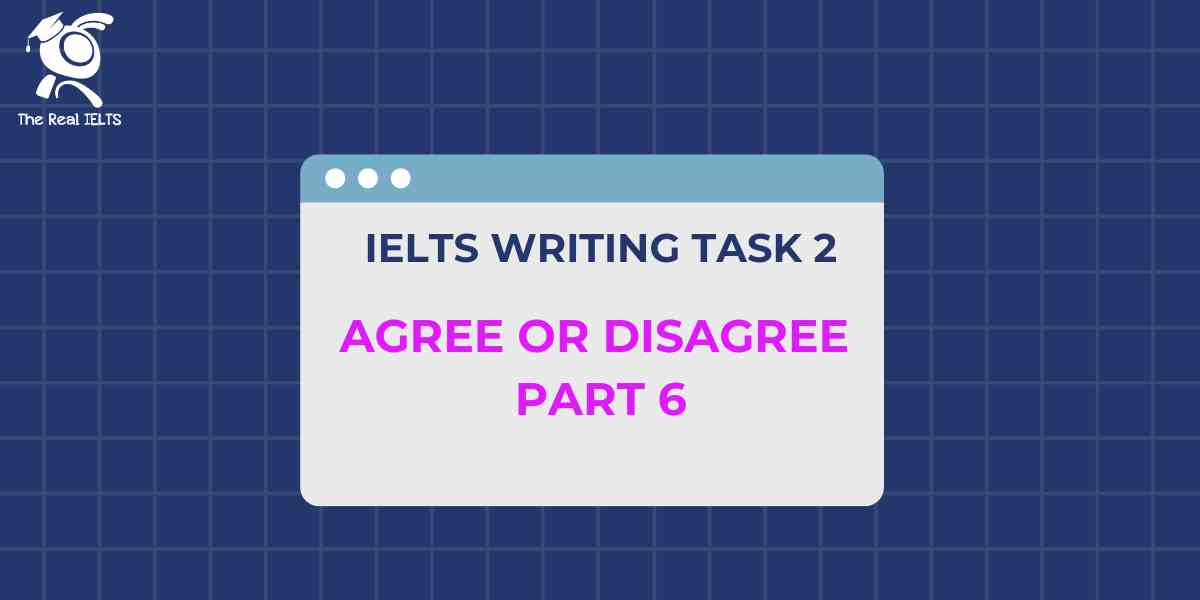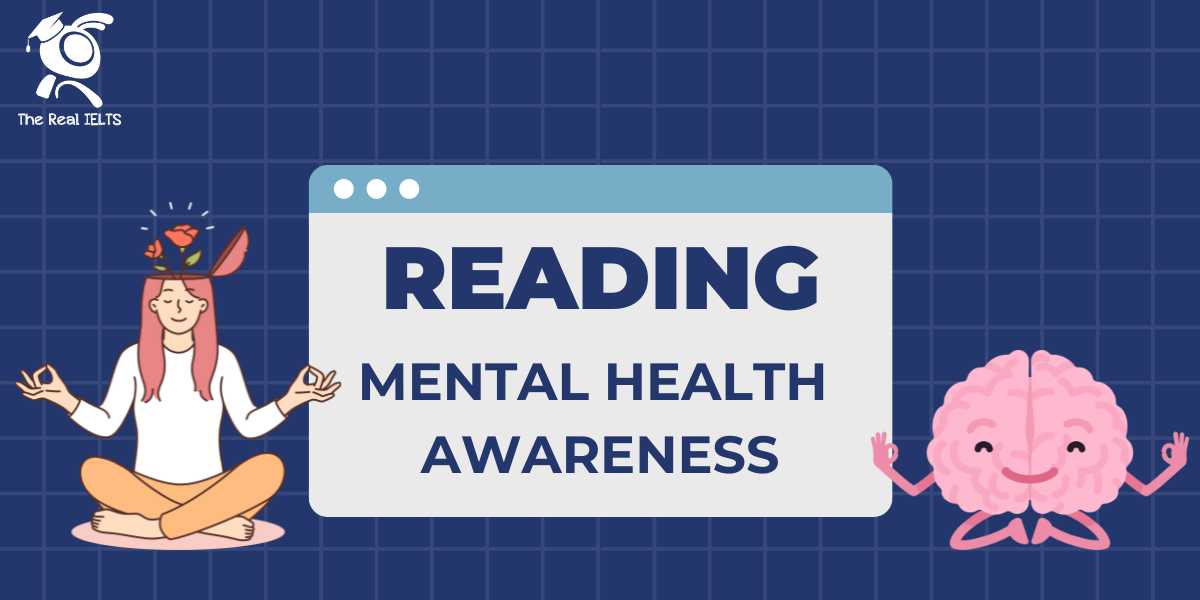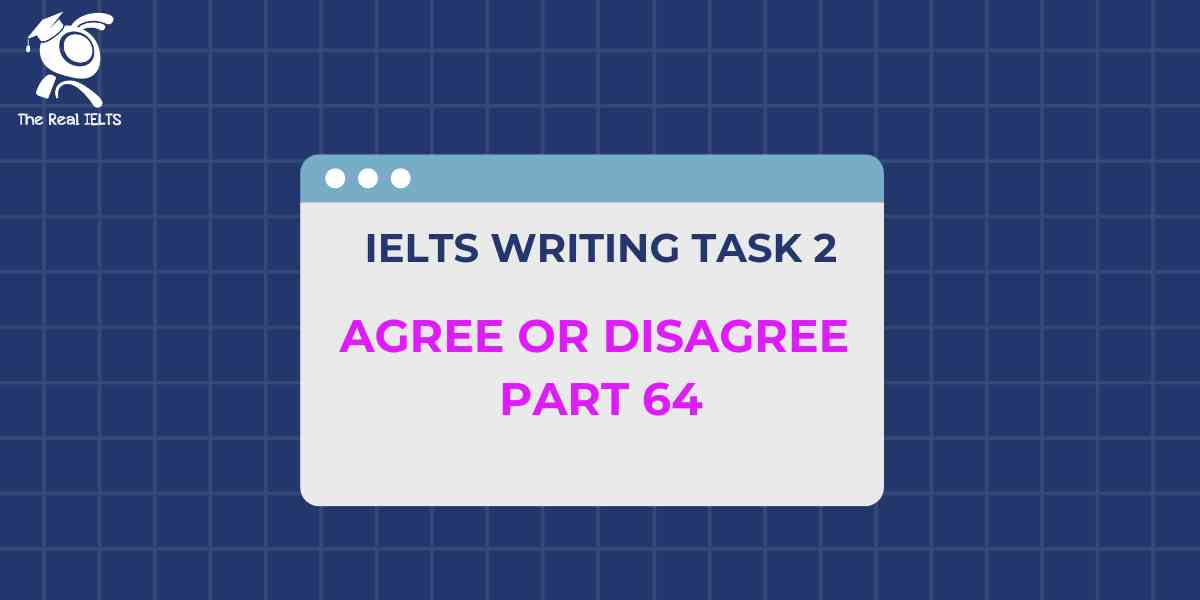IELTS Reading 33: Benefits of learning foreign languages là chủ đề thuộc chuỗi bài luyện tập 11 dạng bài IELTS Reading và các bài tập luyện tập.
Học lại bài cũ: IELTS Reading 32: Education systems of different countries.
IELTS Reading: Benefits of Learning Foreign Languages
In today’s interconnected world, mastering foreign languages offers numerous advantages for individuals across all age groups and professions. From enhancing cognitive abilities to opening up global job opportunities, the benefits of learning foreign languages are well-documented.
One of the primary advantages is the cognitive boost that comes with language learning. Research shows that multilingual people tend to have better problem-solving skills, improved memory, and greater mental flexibility. These cognitive benefits are especially pronounced in younger learners but extend to adult learners as well. Studies have also indicated that learning another language can delay the onset of dementia and other age-related cognitive issues, making it a valuable skill for the elderly.
In addition to cognitive improvements, language learning can offer considerable professional benefits. As the global economy becomes increasingly interconnected, companies often seek employees who can communicate effectively with clients and colleagues from other countries. Speaking multiple languages can enhance an individual’s competitiveness in the job market and may even result in higher salary prospects. Furthermore, those who work in fields such as diplomacy, international business, and tourism often find that language skills are crucial for career success.
Cultural awareness and empathy are also key benefits of learning foreign languages. By understanding another language, learners gain insights into different ways of life, traditions, and values, which fosters tolerance and broadens perspectives. This deeper cultural understanding not only enriches personal relationships but also supports effective communication and collaboration in multicultural settings.
Finally, learning a new language can enhance travel experiences significantly. Language learners are often able to engage more authentically with local people and customs, making for a more fulfilling and immersive experience. This cultural immersion can lead to lasting friendships and a deeper appreciation for the diversity of human experiences around the world.
In summary, learning foreign languages offers cognitive, professional, cultural, and travel-related benefits that contribute to personal and societal growth. As globalization continues to shape our world, the importance of multilingualism is likely to increase, underscoring the value of language learning for individuals of all backgrounds.
Question
1. Multiple Choice
Question: Which of the following is mentioned as a benefit of learning foreign languages?
- A) Increased physical fitness
- B) Better cognitive abilities
- C) Improved driving skills
- D) Enhanced cooking skills
Answer: B) Better cognitive abilities
2. True/False/Not Given
Statements:
- Learning foreign languages helps improve problem-solving skills.
- The only people who benefit from learning languages are young adults.
- Knowing a foreign language guarantees a higher salary in all jobs.
Answers:
- True
- False
- Not Given
3. Yes/No/Not Given
Statements:
- The author believes that learning a foreign language can make traveling more meaningful.
- It is the author’s opinion that language learning is unnecessary for those working locally.
- The author thinks that learning a foreign language should be prioritized over other skills.
Answers:
- Yes
- Not Given
- No
4. Matching Information
Questions: Match each statement with the paragraph (A-D) where it is mentioned.
- Learning foreign languages can improve memory.
- People who speak multiple languages might earn higher salaries.
- Language skills enhance cultural empathy.
Answers:
- Paragraph A
- Paragraph B
- Paragraph C
5. Matching Headings
Headings: i. The Role of Language in the Job Market
ii. Language Learning and Cognitive Health
iii. The Importance of Cultural Understanding
iv. Making Travel More Enjoyable
Paragraphs:
- Paragraph A: ii
- Paragraph B: i
- Paragraph C: iii
- Paragraph D: iv
6. Matching Sentence Endings
Questions: Match the beginnings of the sentences with the correct endings.
- People who learn multiple languages often…
- In jobs that require international communication, language skills can…
- Traveling becomes more meaningful when…
Endings: A) improve cognitive flexibility.
B) connect travelers with locals.
C) increase job competitiveness.
Answers:
- A
- C
- B
7. Sentence Completion
Questions: Complete the sentences with no more than two words from the passage.
- People who know more than one language may have a better _______.
- Language learning can delay the onset of _______.
- Multilingual skills may offer higher _______ in the job market.
Answers:
- problem-solving skills
- dementia
- salary prospects
8. Summary Completion
Summary: Learning foreign languages provides numerous benefits. In addition to enhancing _______ abilities, it offers professional advantages, including greater _______ in the job market. It also promotes _______ understanding and makes travel more enriching.
Answers:
- cognitive
- competitiveness
- cultural
9. Diagram Label Completion
Diagram: A flowchart of the benefits of learning foreign languages, with labels:
- Cognitive Benefits: Better ______, Improved ______, Delayed ______.
- Professional Benefits: Higher ______, Increased ______.
- Cultural Benefits: Broader ______, Greater ______.
Answers:
- memory
- problem-solving skills
- dementia
- salary prospects
- competitiveness
- perspectives
- empathy
10. Short Answer Questions
Questions:
- What health benefit might language learning provide to older adults?
- Name one profession where foreign language skills are particularly valuable.
- How does language learning impact a person’s travel experience?
Answers:
- Delays the onset of dementia
- Diplomacy
- Enhances cultural immersion
11. Table Completion
| Benefit | Example |
|---|---|
| Cognitive benefits | Improved memory and _______ |
| Professional gains | Higher salary and increased _______ |
| Cultural awareness | Broader _______ |
Answers:
- Cognitive benefits: problem-solving skills
- Professional gains: competitiveness
- Cultural awareness: perspectives















